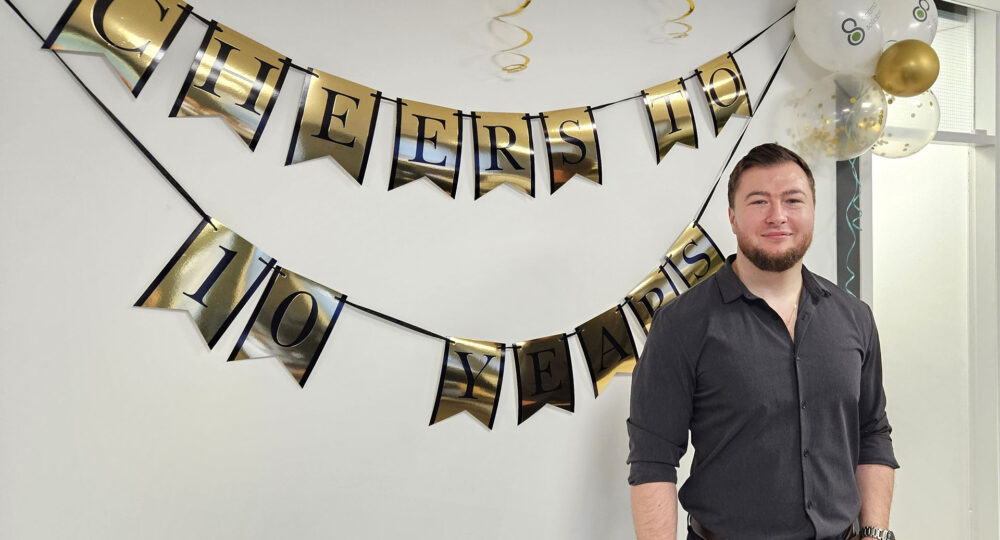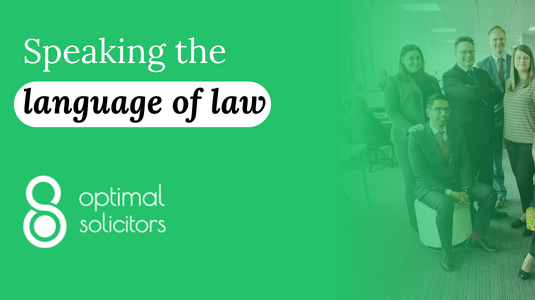This article provides you important information in relation to allegations arising after you have been driving after drinking alcohol (including information about common related offences). We can assist you with these types of driving offences and consider ourselves to be your choice when you search for ‘drink driving solicitors’. We can assist you by defending you with a view to avoiding penalties (i.e. driving ban) and mitigating any penalties that may be applicable.
What are the drink driving offences?
It is an offence for you to attempt to drive, drive or be in charge of a motor vehicle on a road or other public place after consuming so much alcohol that the proportion of it in your breath, blood or urine exceeds the prescribed limits.
Pursuant to s.5 Road Traffic Act 1988 (RTA1988):
(1) If a person—
(a) drives or attempts to drive a motor vehicle on a road or other public place, or [Drink Driving]
(b) is in charge of a motor vehicle on a road or other public place, [Drunk in Charge]
after consuming so much alcohol that the proportion of it in his breath, blood or urine exceeds the prescribed limit he is guilty of an offence.
The most commonly prosecuted of these two offences is s.5(1)(a). This is in relation to a prosecution driving or attempting to drive whilst exceeding the prescribed limits. If the Police doubt whether or not you were driving or attempting to drive, then the lesser charge of s.5(1)(b) is considered.
What are the limits?
The table below explains the current limits. These are outlined within s.11(2) RTA1988. The interesting point is that the limits vary dependant on whether you are in England, Wales, Northern Ireland or Scotland.
| Level of Alcohol | England, Wales and Northern Ireland | Scotland |
| Micrograms per 100 milliliters of breath | 35 | 22 |
| Milligrammes per 100 millilitres of blood | 80 | 50 |
| Milligrammes per 100 millilitres of urine | 107 | 67 |
What are the Drink Driving and Driving Whilst in Charge Penalties?
s.5(1)(a)
| You may get: | 6 months’ imprisonment |
| an unlimited fine | |
| a driving ban for at least 1 year (3 years if convicted twice in 10 years) |
s.5(1)(b)
| You may get: | 3 months’ imprisonment |
| up to £2,500 fine | |
| a possible driving ban |
What if I fail to provide a specimen?
Pursuant to s.7(6) RTA1988, the Police can request samples from you in order to establish the offence. If you refuse, without reasonable excuse, to provide a specimen, you open yourself up to the risk of further prosecution.
The penalties that can arise are:
| You may get: | 6 months’ imprisonment |
| an unlimited fine | |
| a driving ban for at least 1 year |
How can Optimal Solicitors Help?
Our team is on hand to fight on your behalf. We have access to some of the very best experts and will ensure that we can provide a full service to guide you through these difficult times.
In terms of a drink driving charge, our team would thoroughly consider your case for any possible defence(s). These would be on the basis of your circumstances and such defences would normally be raised on the basis of procedural inaccuracies, factual issues (i.e. if you were not driving) and/or issues in respect of the readings provided. The court can be focused to consider your account of the events and any corroborating witnesses to support your defence.
In respect of the lesser offence of drunk in charge, one aspect we can consider, where applicable, is the statutory defence whereby we would argue on your behalf that at the time alleged there was no likelihood of you driving the vehicle whilst over the prescribed limit.
Finally, in relation to fail to provide cases, we can consider if there were any errors with the Police approach in requiring you to provide a specimen. In some cases, you can provide a reasonable excuse for failing to provide and this is not just limited to medical reasons (i.e. problems with the breathalyser). There is also the issue of legal advice. Although the Police are not required to delay a breath test to allow you to speak to a legal adviser, the Police will often fail to place a call for a legal adviser to be made aware of your arrest. Therefore, if we can argue that the provision of legal advice would not have delayed the process and would have made a difference to your decision to comply or refuse – a defence could be raised.
If you are facing such difficulties, contact us and we can guide you dependant on your personal circumstances. We can be contacted on 0161 250 7771 for a free initial telephone consultation.



